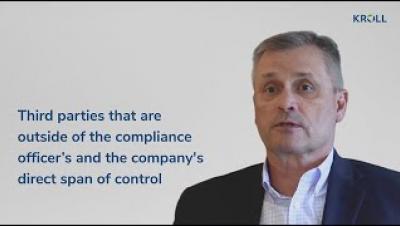Security | Threat Detection | Cyberattacks | DevSecOps | Compliance
July 2021
Growing Threat of DDoS Attacks by Extortionist Threat Actors
Kroll experts have noticed an increase in distributed denial of service (DDoS) attacks by cybercriminals seeking to turn a profit in two distinct incident types. First, many ransomware operators are now threatening and conducting DDoS attacks as an additional pressure tactic during the ransom negotiation process. Second, also known as ransom denial of service (RDoS), attackers threaten DDoS attacks that will take down an organization’s public-facing services unless a ransom is paid.
Internal Threats to Corporate Reputation
Addressing the Ransomware Attack Against Kaseya VSA Customers
On the afternoon of July 2, 2021, Kaseya reported that it had been impacted by a ransomware attack affecting its Virtual System Administrator (VSA) product and advised users to shut down VSA servers immediately. Initial reporting indicates this was a well-orchestrated supply chain attack impacting about 60 managed services providers (MSPs) and up to 1,500 client organizations by leveraging a zero-day vulnerability (CVE-2021-30116).
Updated Cyber Security Fundamentals for Financial Services Organizations
The recent slate of breaches and regulatory actions has prompted many companies who had been doing the minimum in terms of proactive cyber risk management to rethink their approach. In the U.S., new regulations are emerging (for states like Virginia, Colorado, Massachusetts and many others), and existing regulators are increasing their enforcement, as we’ve seen by the NY Dept of Financial Services (NYDFS) and the SEC.




